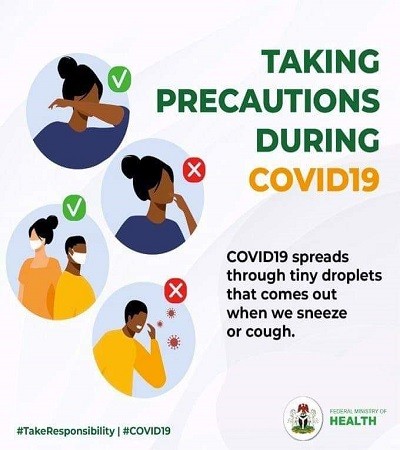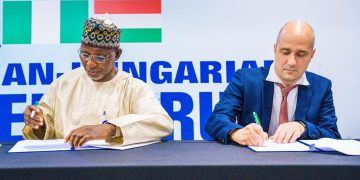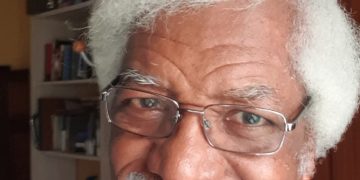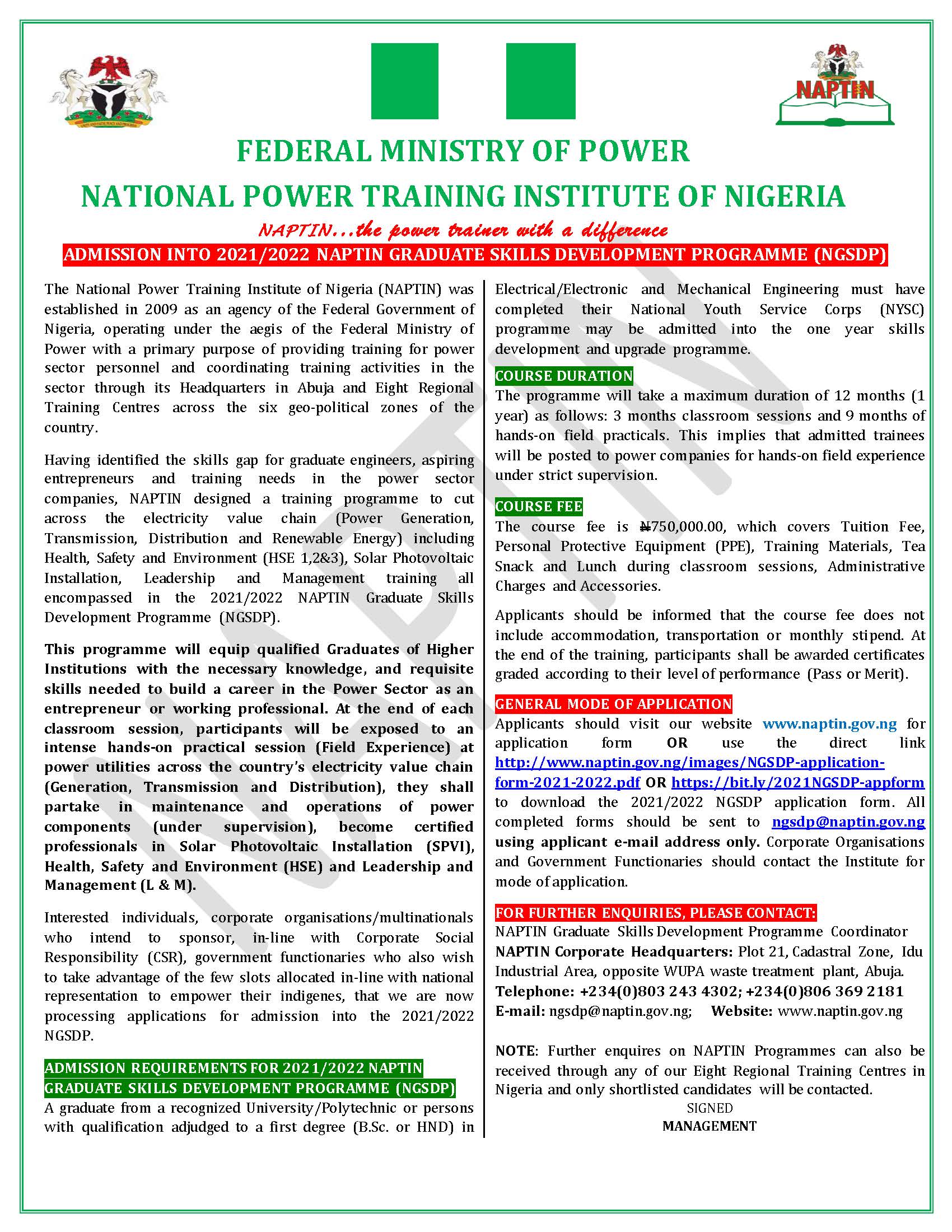The Nigeria Centre for Disease Control (NCDC), in collaboration with the Nigeria Institute for Medical Research (NIMR) and their partners on Monday released findings of household seroprevalence surveys conducted in Lagos, Enugu, Nasarawa and Gombe States, showing that Nigerian men suffer higher Covid-19 infections than women.
These rates of infection in the new survey were also discovered to be higher than previously reported through the national surveillance system. They also revealed that the spread of infection in the states surveyed is wider than is obvious from surveillance activities.
“This is not surprising for Covid-19, given that a majority of those infected do not have any symptoms. Results of the survey further showed higher rates of infection among: 1) males than females (for example, 10% vs. 7% in Gombe and 21% vs. 17% in Nasarawa); 2) urban compared to rural and residents (for example, 28% vs. 18% in Enugu and 23% vs. 19% in Lagos); and persons aged 18- 64 years,” said NCDC in a statement sent to The Africanscholar.
The latest survey findings revealed that the prevalence of SARS-CoV-2 antibodies was 23% in Lagos and Enugu States, 19% in Nasarawa State, and 9% in Gombe State. This means that as many as 1 in 5 individuals in Lagos, Enugu and Nasarawa State would have ever been infected with SARS-CoV-2. In Gombe, the proportion is about 1 in 10.
There were also variations across the local government areas (LGA) within the four states. The survey team noted that these observations are in tandem with what had been reported by the NCDC based on the national surveillance system.
Conducted between September and October 2020, the surveys were designed to improve the estimate of the burden of Covid-19 infection in the country and provide a more detailed estimate of the extent of infection with the severe acute respiratory syndrome coronavirus 2 (SARS-CoV-2) virus – the virus that causes Covid-19.
Blood samples were collected from over 10,000 individuals residing in a representative sample of households in the four states. The blood samples were then tested for the presence of SARSCoV-2 antibodies applying locally validated laboratory tests.
Individuals who provided blood samples also answered a brief questionnaire that enabled the study team to characterize factors related to positivity and identify which population groups were most affected.
In interpreting the results, the survey team noted that “SARS-CoV-2 emerged only one year ago and antibody response according to severity of infection and the duration of antibody persistence are not yet completely understood”.
Given the high proportion of asymptomatic cases in Nigeria, the true seroprevalence of ever having infection may be underestimated in the survey if individuals infected early in the outbreak no longer had sufficient antibodies for detection when the survey was conducted.
The results from the survey show that a significant proportion of people in Nigeria are still at risk of SARS-CoV-2 infection and, therefore, Covid-19. This underscores the importance that Nigerians continue to adhere to public health and social measures including regular handwashing, proper use of face masks and physical distancing.
The United States Centers for Disease Control and Prevention (US-CDC), the University College London (supported by Bill and Melinda Gates Foundation), the University of Maryland, Baltimore (UMB), and the respective state ministries of health supported implementation of the survey.
The survey is being expanded to more states with a priority to capture information from states in the North-West and South-South geopolitical zones, which were not included in the initial round of surveys. This may help to further validate the results of the exercise, which currently show that Nigerian men suffer higher Covid-19 infections than women.
The federal ministry of health, its agencies, NCDC and NIMR, as well as the PTF-Covid-19 say they remain committed to strengthening Nigeria’s response to Covid-19 and controlling the outbreak.
NCDC is the Ntgeria’s national public health institute, with the mandate to lead the preparedness, detection and response to infectious disease outbreaks and public health emergencies. The bill for an act to establish NCDC was signed into law in November 2018 by President Muhammadu Buhari.
The mission for the NCDC (2017-2021) is “to protect the health of Nigerians through evidence-based prevention, integrated disease surveillance and response activities, using a “One Health” approach, guided by research and led by a skilled workforce.”
On its part, NIMR is the apex medical research institute in the country with a vision to be an institution of excellence in basic, applied and operational research for the promotion of national health and development.
It is mandated by national science and technology act of 1977 to conduct research into diseases of public health importance, develop human and infrastructural capacities for clinical and biomedical research and strengthen structures for dissemination of research findings. It is also tasked with providing the enabling environment and facilities for health research and training, in cooperation with ministries of health, and in collaboration with universities, allied institutions and the organized private sector, nationally and internationally.










































